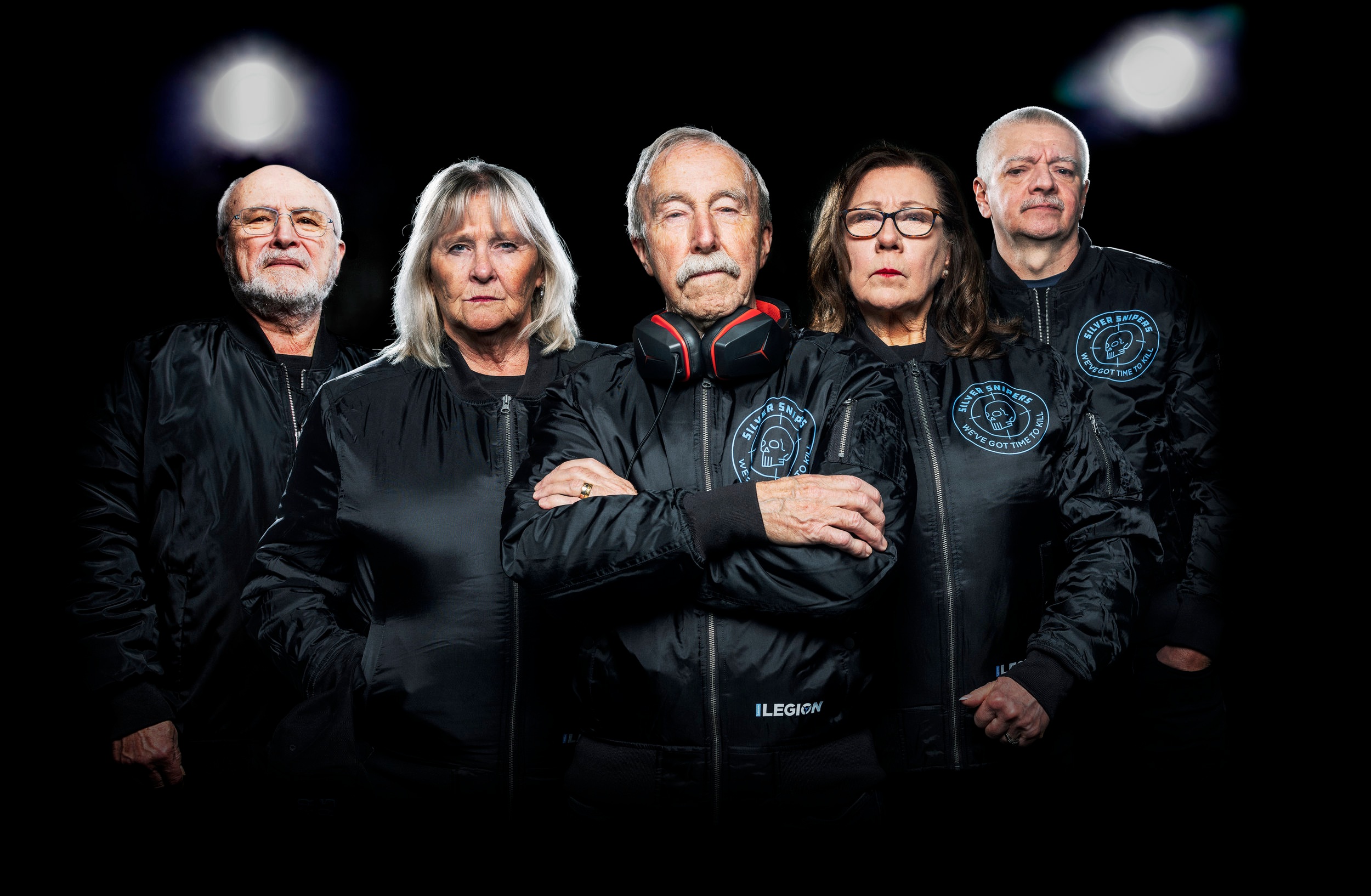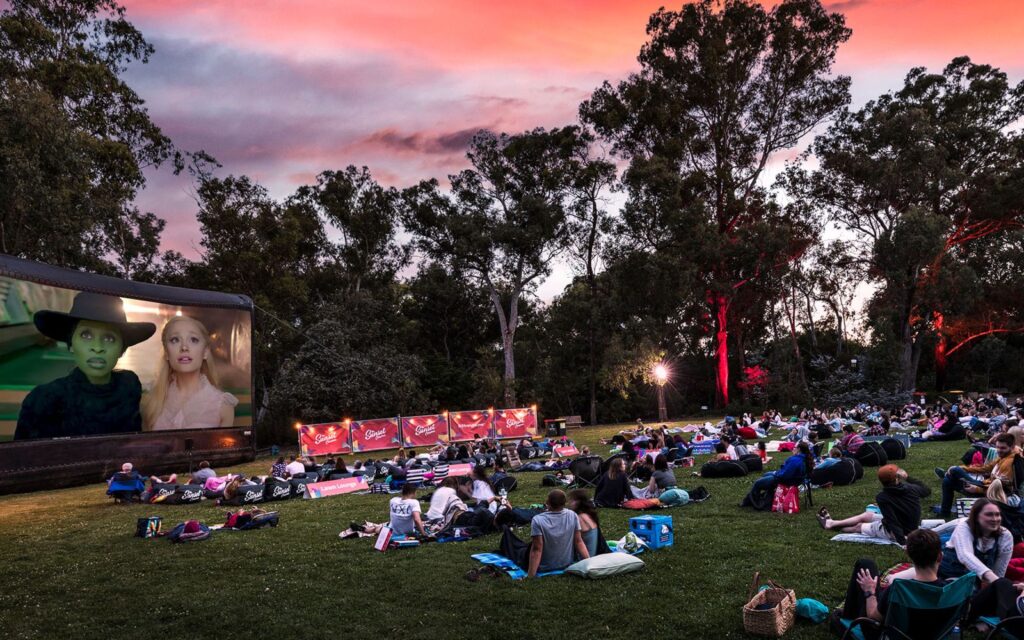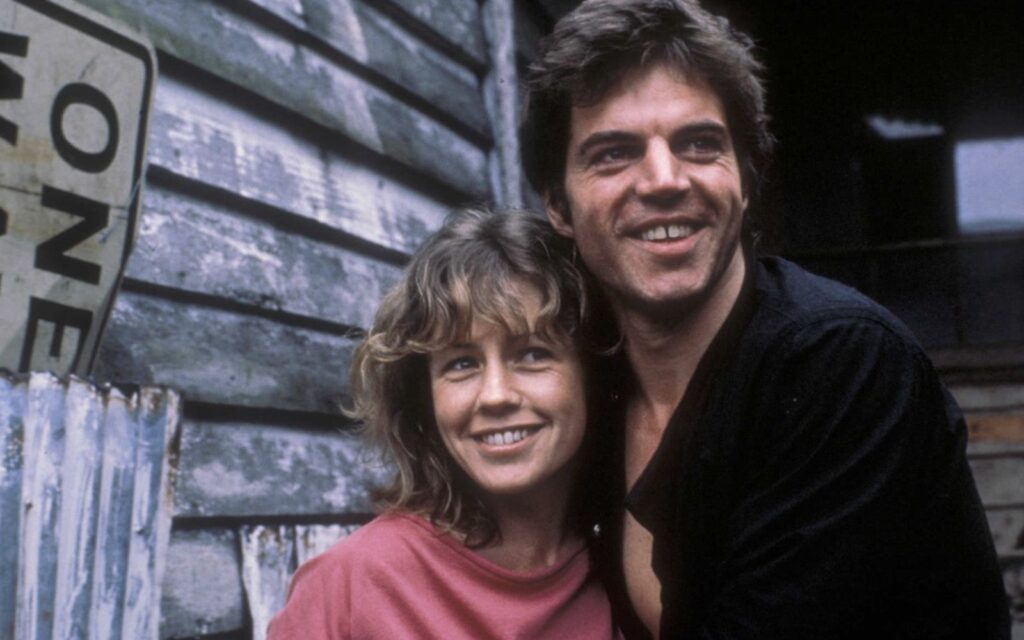For my ninth birthday, my grandmother bought me a copy of the Nintendo 64 game Tetrisphere from the Warrnambool Target. It’s Tetris, but on a sphere. It’s not the most well-known title on the platform – 3D puzzles in the ’90s didn’t net you quite the social glamour that something like Goldeneye would’ve – but I was instantly enthralled. The innovative design, addictive nature and absolutely pumping techno soundtrack has cemented it as one of my personal favourite games to this day.
The reason this image shines with crystal clarity within my thought palace – instead of, say, literally any mathematical skills beyond an eighth grade level – is because of what it represented to me as an act of total purity and love. Grandmothers didn’t play games – it was an objective fact in my wisened nine-year-old mind – and mine traversed a landscape of CD racks and blaring noises to buy something that she had no interest in or commitment to, because she understood that it made her hopelessly nerdy grandson happy. It was a moment of true connection in a field I didn’t anticipate.
A lot has changed in the past two decades. Regardless of race, gender or age, we’re pretty much all gamers, now – over two and a half billion people play games regularly worldwide, which is, y’know, almost a third of the world. The technological advances in portability, access and exposure have normalised what was once considered a fad – a hobby for the very young or young at heart. Games have permeated our culture as a form of entertainment that has financially surpassed both the music and movie industries combined. Needless to say, the stubborn image of the Minecraft-obsessed, Fortnite-dancing streamer kid doesn’t represent the entirety of the community – and a very different generation is taking up the online mantle to prove it.
Shirley Curry is 83 years old. A widow with four sons, nine grandchildren and “soon to be” three great-grandchildren, she lives in Rocky Mount, Virginia – a quiet town with a population of 4,799. She also absolutely smashes daily sessions of Skyrim on a water-cooled dual-screen gaming rig.
Curry has been playing video games since the mid-nineties, when her son hooked her up with a PC and a copy of Civilization II. Mastering such titles as Banished, Age of Empires and her current love Skyrim throughout the years, Curry now has a YouTube channel with over 750,000 subscribers, referring to her followers as the “Grandkids”. Her sweet nature and technical prowess has cemented her as a legend online – so much so that Bethesda will honour a fan petition with 45,000 signatures and make her a character in the upcoming Elder Scrolls 6.
Shirley Curry may be prominent online, but she’s definitely not alone. 89-year-old Hamako Mori from Tokyo has been playing games since the release of the Cassette Vision in 1981. Throughout the years, she’s sunk time into The Legend of Zelda and Dragon Quest, but nowadays can be found making Let’s Plays on Youtube for Grand Theft Auto, Days Gone and (of course) Skyrim. She claims video games keep her mind active and hopes that, as the number of elderly players increase, that there will soon be dedicated servers for older multiplayer players where she can play without slowing younger gamers down.
Even on the professional circuit, there’s the Silver Snipers and the Grey Gunners – two e-sports teams sponsored by Lenovo featuring a collection of badarse elderly Counter Strike players. Billed as the first senior e-sports groups, the Swedish and Finnish crews were formed with the explicit goal of widening tournament’s audiences to the emerging demographic.
It’s obvious, under the lightest examination, why the age gap would seemingly widen. Time trundles on, leaving with it an increasing populace that have not known a world without video games. The further exposure we have to a medium, it – and the people involved with it – becomes easier to understand. For whatever reason – be it the ‘quirk’ of Curry’s wholesomeness or the empowerment of people within an unexpected field – gamers of all age brackets are bonding with each other over their shared passion.
Gaming, as a whole, is thankfully becoming much more diverse and open. Although it doesn’t always feel like it, we are learning and growing together, more often than ever before. It reflects that our greater worldview is changing – that our opportunities to connect with each other in meaningful ways are expanding. Play is a silent language, free from most physical constriction. By indulging our interest in others, we enable its abilities.
With acceptance comes representation. With representation comes exposure to important issues. 88-year-old Audrey Buchanan of Berlin, Pennsylvania suffers carpal tunnel syndrome in one hand, but it hasn’t stopped her from racking up 3,500 hours in Animal Crossing on her Nintendo 3DS XL. Admitting she’s “mostly stuck at home”, she uses Animal Crossing as a way to connect with her grandson across the country for company. Alternatively, 66-year-old Twitch streamer GrandpaGaming (AKA Will R.) has built a sizeable following, but between light-hearted gaming antics and cooking videos, he reveals serious insights, such as footage of him recovering in hospital from a heart attack and diabetes diagnosis.
Mental and physical health issues are just a couple of the harsh realities our elderly friends and family deal with each day. To see gaming open opportunities to both highlight and heal those concerns is inspiring. It proves what gaming is ultimately destined to become – the environment in which people of all abilities can reveal the tremendous value each of us can offer. People expressing vulnerability by exploring new experiences, only to be rewarded by others with encouragement and praise; it’s a cycle that sadly doesn’t happen all that often, but it’s the perfect case to prove that it bloody should.
My grandmother became very tech-savvy as I grew older – she happily embraced the evolution of our times and, by extension, the people within it. Much as she expressed all those decades ago to me – by buying me a puzzle game in 1999 – empathy is the key to altering our perceptions and revealing capabilities. We need less snide jabs and ‘gatekeeping’ online. We need more Shirley Currys.
Let’s get wholesome.





